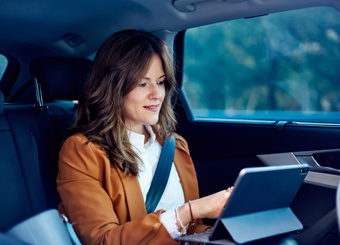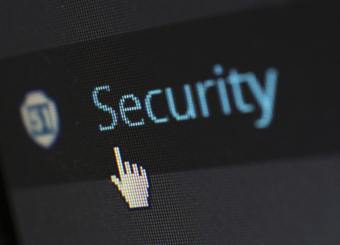Long-distance travel allowance: rules and best practices
Many employees are required to travel for professional purposes. To cover their needs during business trips, they incur various T&E expenses for accommodation, meals, or transportation. Expenses incurred by the employee will be reimbursed in the form of a long-distance travel allowance in accordance with certain rules.
Managing business expenses is often an unavoidable nightmare. The complexity of this process is due to the various rules governing the management of expense reports, but also to the burdensome nature of this task.
The authorities in place exercise strict control over expense reports and closely monitor them, since they are exempt from social security charges and overruns are frequent. This means that the slightest mistake can cost the company a lot of money!
Find out more in the 5th article of our T&E blog series!
What is a long-distance travel allowance?
The long-distance travel allowance consists of covering the food, lodging and transportation expenses of an employee on a business trip. A long-distance business trip is a situation in which the employee is unable to return home to carry out his or her professional mission.
To find out more about what qualifies as a long-distance trip, The HMRC guidance booklet for employers relating to these tests (“490: Employee travel”) can be found here and the HMRC manual for employee travel (EIM32000 – travel expenses) can be found here.
Read also | 5 Main Challenges of T&E management
When these conditions are not met, it is still possible to qualify the assignment as a long-distance trip provided that the employee can prove that he or she is unable to return home due to certain circumstances, such as working hours or the extension of the business trip.
However, it should be kept in mind that if the employee has managed to return home, the expenses incurred will not be exempt from social security contributions.
Who is concerned by the long-distance travel allowance?
Professions involving costs exceeding the exemption limits are able to benefit from a specific flat-rate deduction for professional costs.
As far as business expenses are concerned, the lump-sum deduction for professional expenses can be attributed to them. As long as the activity carried out by the manager is in a profession giving right to deduction.
The employer may be required to reimburse the expenses incurred by the employee or to make goods or services available to the latter, without this constituting remuneration, a benefit in kind or compensation for professional expenses.
Long-distance travel allowances concern two types of trips
Moving around the city
For this type of travel, reimbursement of the fixed price is allowed. However, care must be taken to ensure that the lump-sum compensation paid corresponds to the limits of exemption of expenses incurred.
Meal expenses must be segmented as well as hotel accommodation and breakfast expenses.
This distinction between expenses makes it easier to use, especially for employees who, in the event of a long journey, obtain free accommodation. This gives the employer the opportunity to apply specific coverage methods for each expense:
- A real reimbursement for accommodation and breakfast expenses
- A flat-rate reimbursement for restaurant meals
Travel abroad
The management of long-distance travel allowances is quite complex because of the difference in the scales applied for each country. It is also a complex task and is often accompanied by errors that can be costly to the company. It is important to know that the authorities in place, especially the HMRC, are very attentive and closely inspect the reimbursement of professional expenses.
Read also | 5 Costs of T&E Expense Reporting
Each failure to comply with the defined rules implies financial penalties against the company. This leads us to say that the company’s responsibility is serious and that mistakes made can trigger delicate situations for the company.
To minimize these situations, the ideal is to automate the expense management process. Opting for an intelligent business expense management solution like Expensya will allow you to eliminate the need to set up automatic rules to control expenses added by your employees: this will allow you to inform your employees of the rules in place, the limits on certain reimbursements, and even the prohibition on reimbursing certain types of expenses. You will also be able to create expense rules tailored to each department or project.





